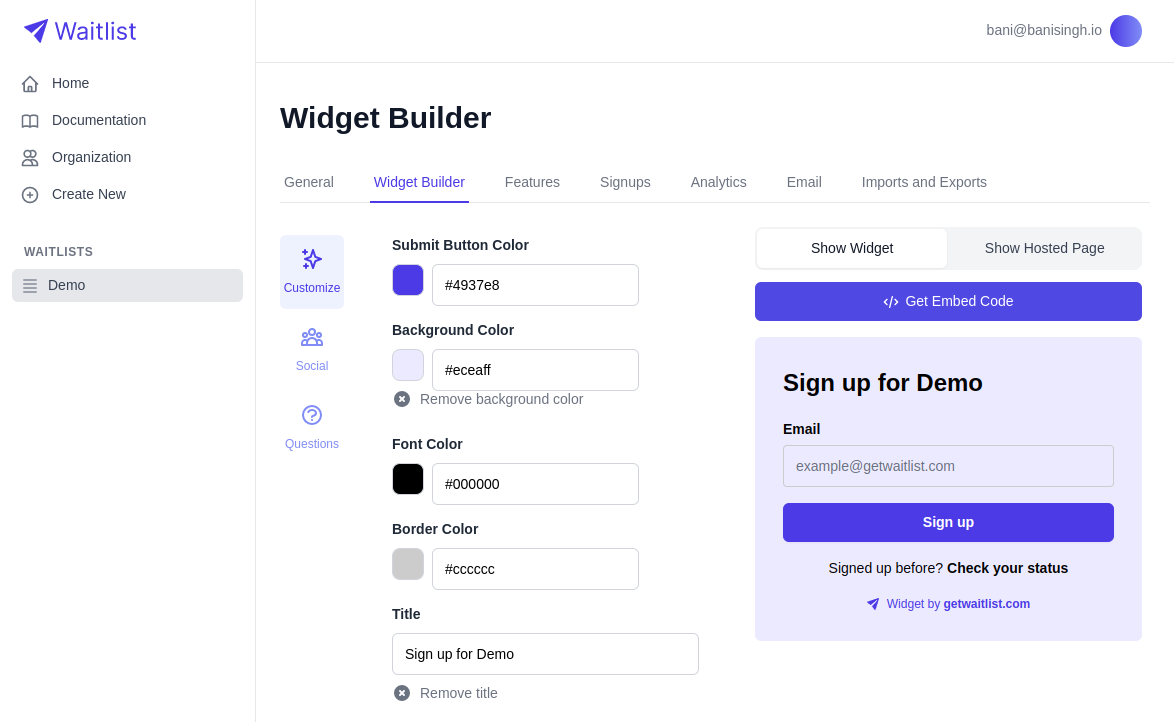Airbnb has one of the most incredible stories in the world of entrepreneurship. In 2007, Brian Chesky and Joe Gebbia were broke and decided to rent out air
mattresses in their apartment to the attendees of a conference because all the hotels were booked. After years of launches, attending YCombinator, and
expanding their services globally, Airbnb went public in December 2020.
Now, the question is: How did this scrappy startup go from renting air-mattresses to disrupting the hotel economy? Beyond just having a great idea, they
increased their number of guest arrivals from 21,000 in 2009 to 80,000,000 in 2016.
Part of this incredible growth story can be attributed to their growth marketing efforts. In this article, we'll specifically focus on their referral marketing program.
Launching The Referral Program
When Airbnb launched, the main challenge was building trust. Asking people to rent out their apartments to a stranger was no easy feat. However, their team knew
that people are more likely to trust their peers. In fact, 92 percent of people find recommendations from peers more compelling than advertisements. With this,
Airbnb wanted to tap into word-of-mouth advertising.
They decided to build a refer-a-friend program. To use it, an existing user could simply refer a new user either via email or social messaging services like Facebook.
Existing customers became brand advocates and the acquisition became much more personal.
Airbnb's Incentives To Make The Program Worthwhile
One of the key reasons their program succeeded was because of their incentives. Any referral marketing program needs to answer the question "why should I use my social
capital to refer my friends". Well, according to Airbnb, the answer was simple: Pay them just like you would pay for any advertisement.
When a referred friend rented from Airbnb, the referrer received a $25 travel credit. Furthermore, if the referred friend listed their property for rent on the site,
the referrer received a $75 travel credit. This approach not only attracted genuine travelers but also deterred swag hunters who were only interested in collecting rewards.
Setting Realistic Goals and Tracking Metrics
Before launching their referral program, Airbnb set realistic goals and identified specific metrics to measure its success. By conducting a closed beta test with their
existing members, they gained valuable insights into the potential growth of the program. This test resulted in nearly a 1:1 growth ratio, indicating the program's potential for success.
To track their progress, Airbnb identified six specific metrics to monitor. These metrics included the number of monthly active users sending invites, the number of invites per inviter,
conversion rates to new users, conversion rates to new guests, conversion rates to new hosts, and the revenue impact potential. By comparing these metrics to their historical growth,
Airbnb could project the potential impact of the referral program.
The North Star: A Community of Travel Enthusiasts
At its core, Airbnb's referral program aimed to build a community of travel enthusiasts. By incentivizing travelers to refer their friends and family, Airbnb fostered a sense
of belonging and excitement among its users. This community-driven approach set Airbnb apart from traditional hotel accommodations and created a unique selling proposition.
In addition to their referral program, Airbnb adopted various strategies to strengthen their community. They encouraged users to leave reviews, share their experiences on social media, and engage
in cultural exchanges. By prioritizing the personal and authentic nature of their service, Airbnb established itself as a trusted brand and a preferred choice for travelers worldwide.
Ultimately, Airbnb strongly succeeded in their efforts to utilize referral marketing and build a thriving community of travelers long before it was considered an industry-standard.
You Can Create Your Own Airbnb-Style Referral Program Today
At Waitlist, we give you the tools to build a viral referral program just like Airbnb.
Our mission is to let you unlock growth from the social networks of your users.
We offer a simple API you can use to generate referral links, and provide a dashboard to you detailed analytics on user referrals.
Our software includes powerful email features, like sending automatic thank-you notes after successful referrals, and lets you build your own custom email campaigns.
